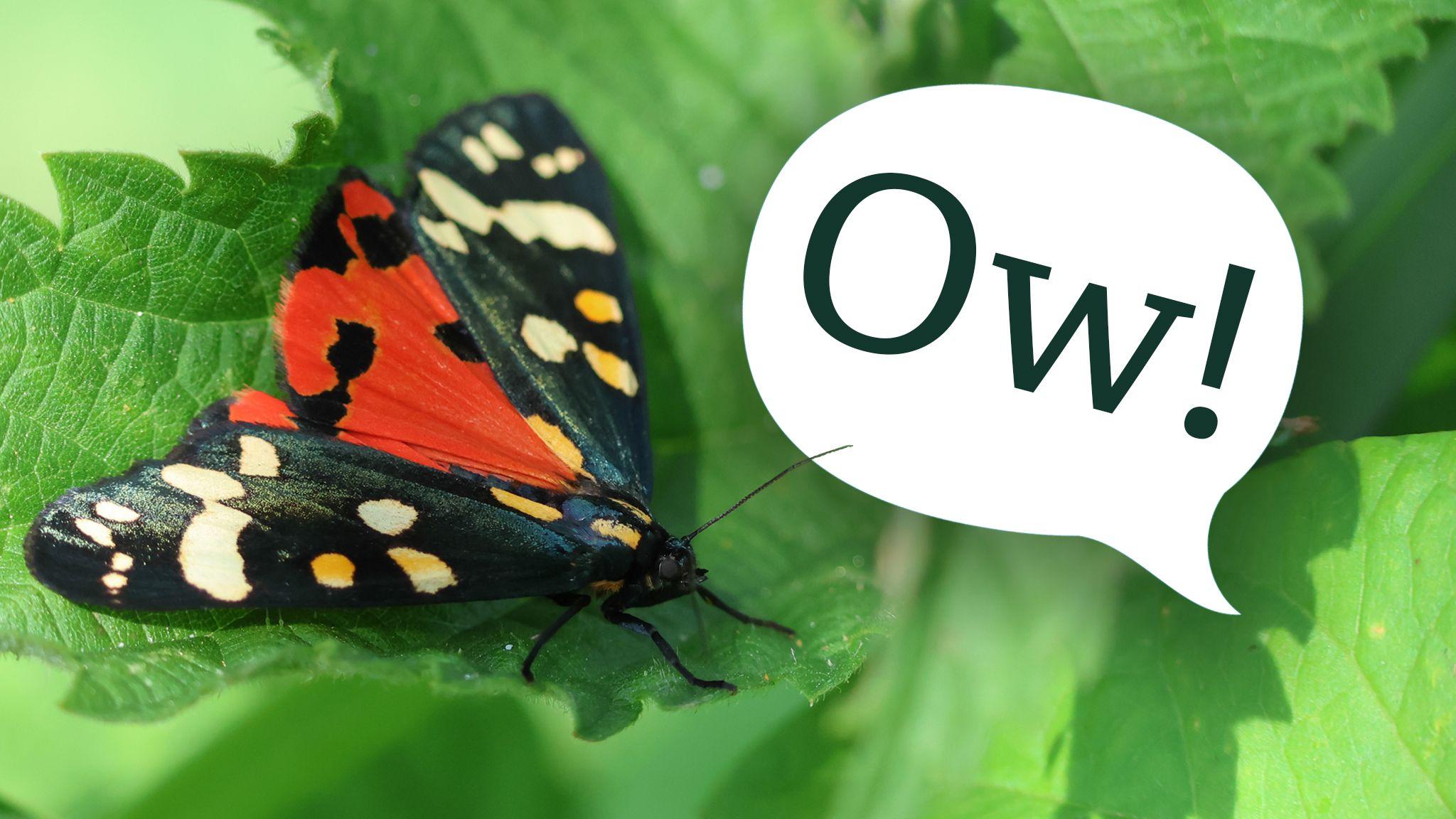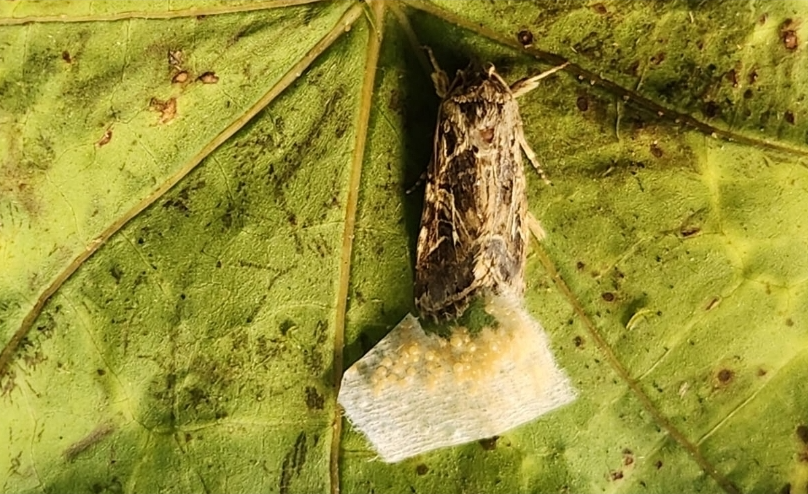'You talking to me?': Plants make sounds animals can hear, say scientists

A new study suggests that plants make noises that only non-human animals can hear and understand
- Published
Plants make noises only non-human animals can hear, say scientists at Tel Aviv University.
Researchers from the university have found the first evidence that animals like moths can hear noises coming from plants and may even react to those noises.
While studying the behaviour of moths, the team discovered that female moths avoided laying their eggs on tomato plants if the plant made noises suggesting it was unwell or unhealthy.
The same team published research two years ago that suggested plants cry out when they are distressed or unhealthy.
More stories about plants
- Published11 July
- Published3 December 2024
- Published22 August 2024
Listen to the sounds three different plants might make if they were stressed
Animals react to sounds being made by plants, new research suggests, opening up the possibility that an invisible ecosystem might exist between them.
Humans are unable to hear the sounds plants make, but researchers believe plants can be heard by many insects, bats and some mammals.
"This is the first demonstration ever of an animal responding to sounds produced by a plant," said Professor Yossi Yovel of Tel Aviv University.
The scientists say that while plants are able to make noises that communicate how they're feeling, the plants themselves are not sentient – meaning they are not conscious and cannot sense or feel things.
The sounds are actually caused by physical changes in the plant.

Moths would choose to lay eggs on different tomato plants based on the noises the plants would make
The researchers believe that animals may have coevolved with plants to understand the noises they make.
"Plants could evolve to make more sounds or louder ones if they were of benefit to it and the hearing of animals may evolve accordingly so they can take in this huge amount of information," says Professor Lilach Hadany.
"This is a vast, unexplored field - an entire world waiting to be discovered."
